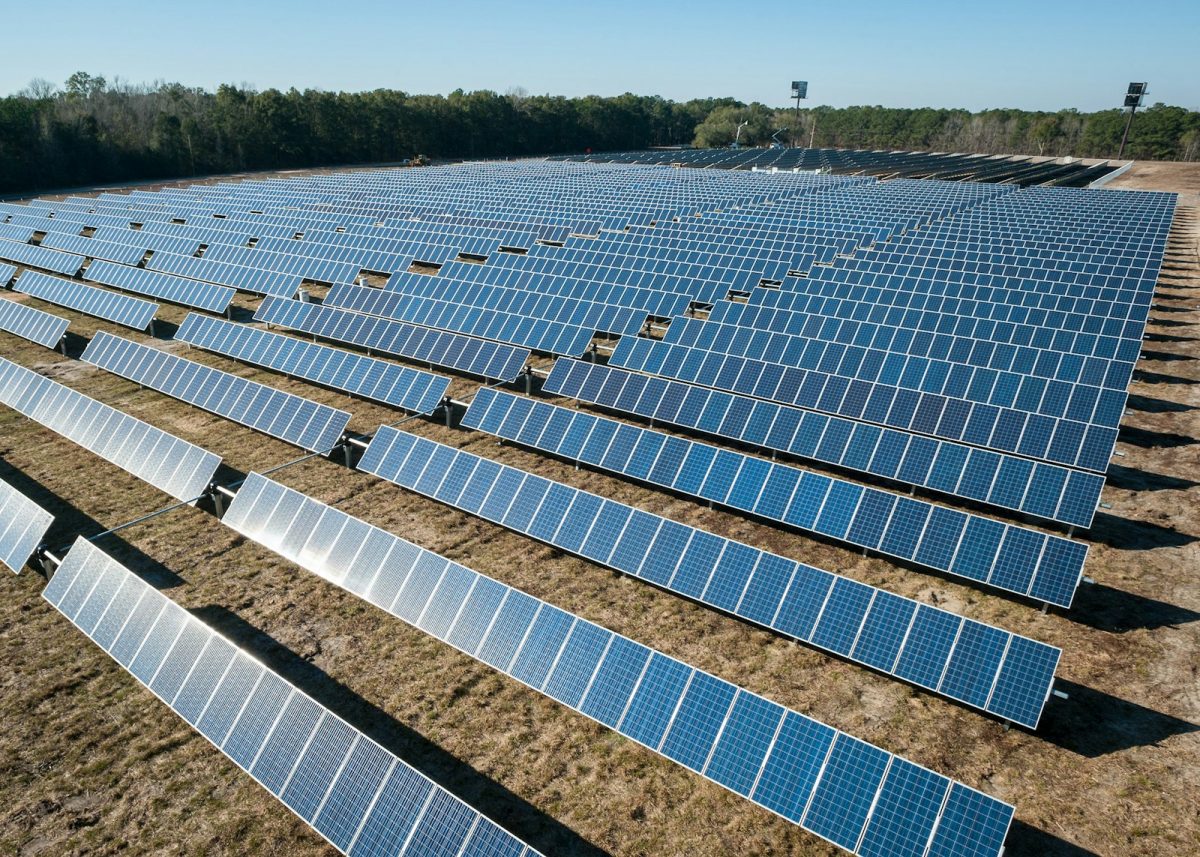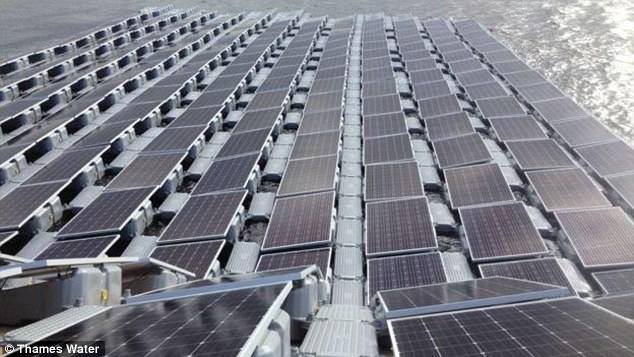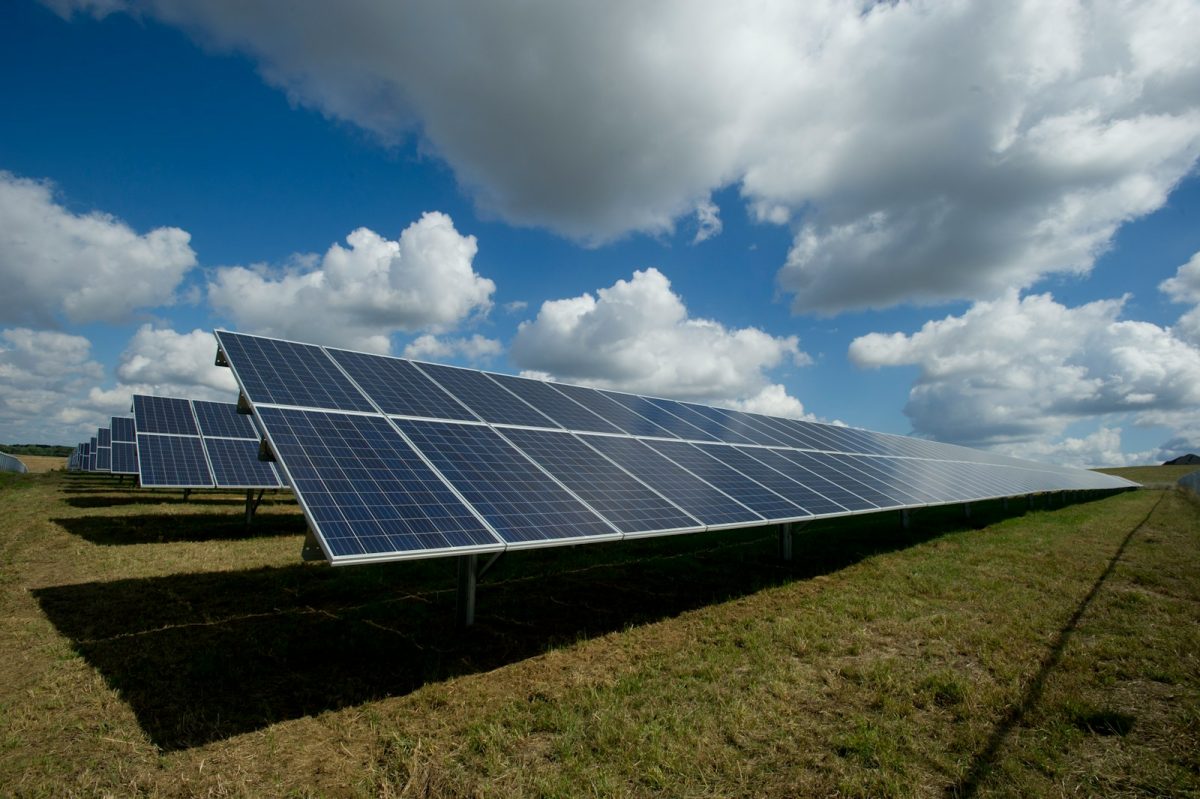The Promise of Solar Energy in Africa
In recent years, the adoption of solar energy systems has gained recognition as a promising solution to Africa’s energy challenges. However, the implementation of solar technology in the region encounters significant barriers stemming from various economic, infrastructural, socioeconomic, regulatory, environmental, and technical difficulties. A primary hindrance is the high upfront costs associated with solar systems, which often deter individuals and small businesses from securing financing. This financial constraint leads to limited investment in solar energy infrastructure, impeding broader adoption across the continent.
Infrastructure Challenges
Additionally, inadequate infrastructure in many remote and off-grid areas complicates the transport and installation of solar equipment. These regions frequently lack the necessary road networks and transportation options, making it difficult to access and implement solar technology. The absence of reliable storage and distribution systems further hampers the scalability of solar projects, diminishing their overall effectiveness and potential reach.
Socioeconomic Barriers
Socioeconomic factors also play a critical role in the adoption of solar energy. High poverty levels and a general lack of awareness about solar technology hinder its acceptance in many communities. Many individuals struggle to afford the initial investment required for solar systems, and educational initiatives promoting the benefits of solar energy are often lacking or insufficient. As a result, the integration of solar technologies into daily life remains a challenge for many communities across Africa.
Regulatory and Environmental Complexities
Moreover, regulatory and environmental issues add to the existing complexities surrounding solar energy deployment. Unclear regulations, inconsistent policies, and a lack of supportive incentives discourage private investment in solar projects. Bureaucratic delays can also obstruct project approvals, creating additional barriers. Environmental concerns, such as land use conflicts and e-waste management from solar panel disposal, further complicate the situation. Additionally, technical challenges related to weather variability and inconsistent sunlight impact the performance of solar systems, emphasizing the urgent need for innovative solutions to enhance energy storage and overall efficiency.
The Path to a Sustainable Energy Future
Addressing these multifaceted challenges is crucial for unlocking the barrier to a sustainable energy future, which can alleviate energy poverty and foster socioeconomic development throughout the continent.
Related Stories:
- https://medium.com/@francisbagumaofficial/problems-affecting-the-solar-system-implementation-in-africa-overcoming-hurdles-for-sustainable-2df30c7c4983
- https://www.ipsos.com/en-tz/energ-deficiency-africa-and-rise-solar-solutions
- https://www.capmad.com/energy-en/solar-energy-in-africa-potential-and-challenges/
- https://en.reset.org/solar-energy-in-africa-if-we-dont-know-the-real-problem-the-solution-will-probably-be-the-wrong-one/
- https://africarenewal.un.org/en






